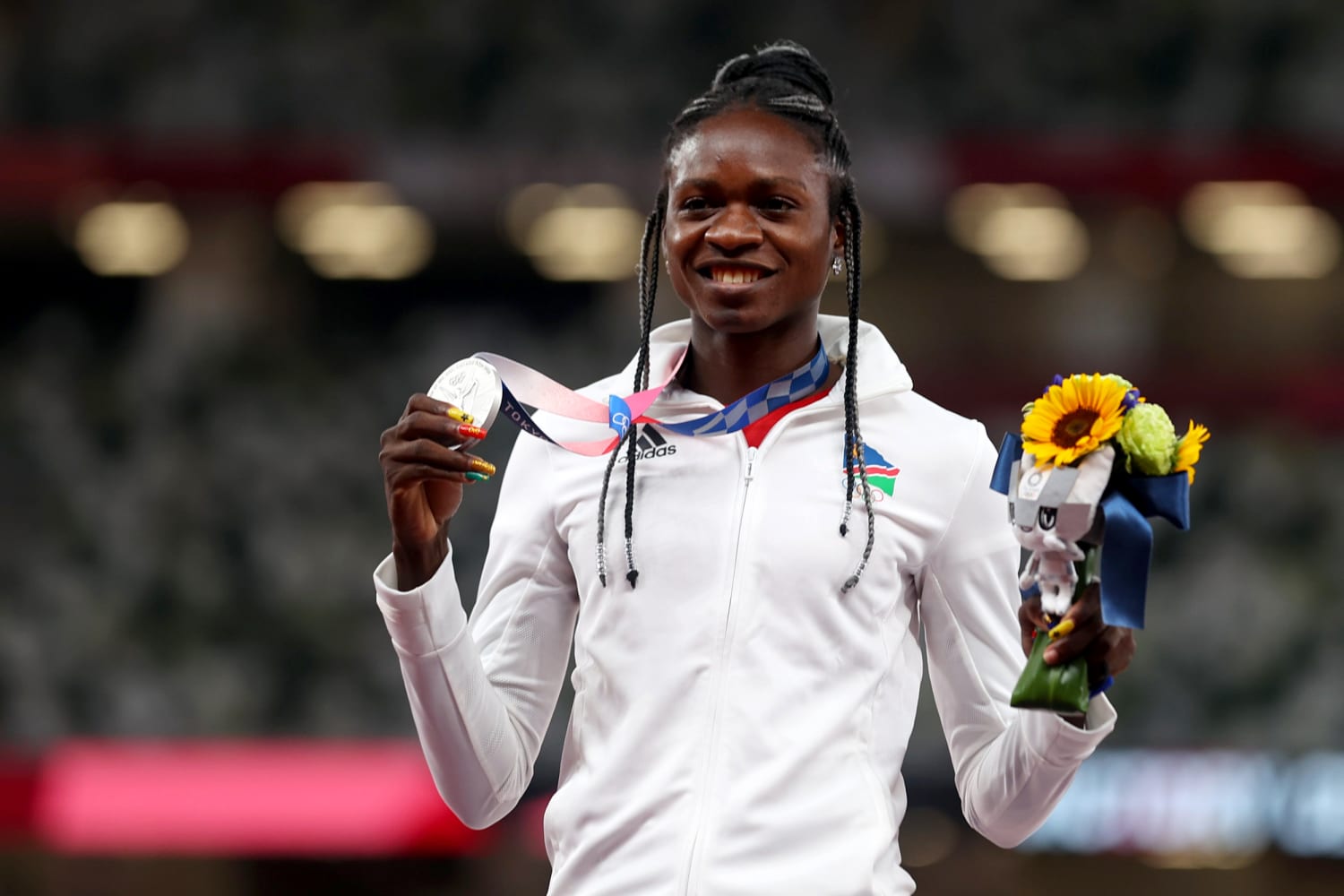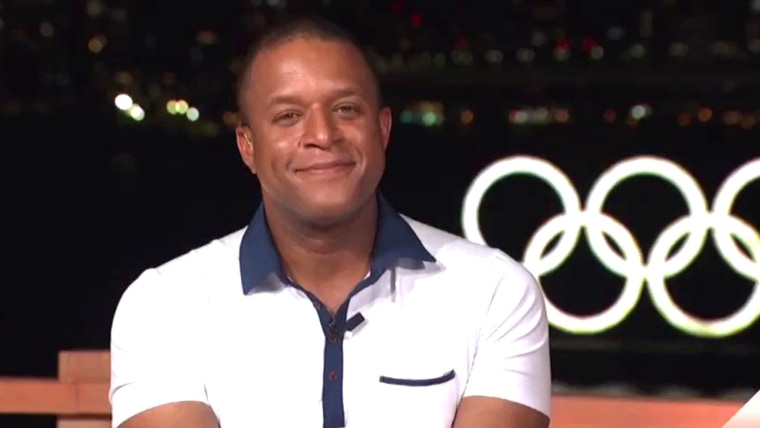Tokyo has been home to a record-setting Olympic Games in a number of ways — from the debut of new events, to gender equality in competitions, to the 1,000-plus medals handed out to winning athletes and teams.
While the top of the medal table is occupied by perennial powerhouses (like USA, China, Great Britain, and Japan) it’s the length of the medal table that is making news at the 2020 Games.
As Day 14 draws to a close, 88 different Olympic Committees have already earned a podium finish — the largest list of medal-winning countries at any Olympic Games in history.
The same can be said for gold medal winners too. With the number already at 63, the number of gold medal nations in a single year has shattered the previous record of 59 set at the 2016 Rio Games.
Here’s a look at some of the contributing factors that have led to an Olympics that is “United By Emotion” … and also by winning.
Returns to greatness
Men’s field hockey used to be owned by India, but the last four decades have seen other countries such as Germany, Australia and Spain dominate the discipline. At the 2020 Games, India returned to the field hockey podium for the first time since 1980, adding to their handful of medals taken home in Tokyo. So far, Ghana’s sole medal in the 2020 Games was earned by Samuel Takyi, who earned his nation’s first podium finish in boxing since 1972 (and first medal of any kind since 1992). Similarly, Namibia’s Christine Mboma brought her nation its first track and field medal since the 1996 Atlanta Games. Performances like these have re-established some nations as forces to be reckoned with in their historically strong sports.
Creative coaching
It was an exceptional year for The Philippines this year, as Hidilyn Diaz won her nation’s first-ever gold medal when she set a new Olympic record in the women’s weightlifting 55 kg category. She accomplished the feat with the help of her coaches, Gao Kaiwen of China and Julius Naranjo of Guam. Fiji stayed golden in the men’s rugby seven tournament thanks to their coach, Gareth Baber of Wales. The women’s field hockey team of India hopes to replicate their male counterparts as they compete in the bronze medal game, with Dutch-born Sjoerd Marijne serving as head coach. With many international icons crossing borders to cultivate talent, it’s no surprise that unexpected competitors are rising to new levels of success.
Breakthrough nations
You’ve seen the articles, tweets and announcements; San Marino, Turkmenistan and Burkina Faso won medals this year for the first time in their nations’ histories. This matches the newcomer tally from 2016, when Jordan, Kosovo and Fiji joined the medal table for the very first time. As for golden nations, the newest on that list are Qatar, Bermuda and (as previously mentioned) the Philippines. Along with the nine different nations that won their first gold medal in Rio, more than 100 Olympic Committees have now stood at the top of a podium. It’s exciting to see a nation win its first-ever prize on the Olympic stage, and a gripping game to see which country will be the next to do it.
Dynamic debuts
One of Venezuela’s four medals earned in Tokyo comes from Daniel Dhers, who won the bronze in his Olympic debut and the premiere of his event, the men’s BMX freestyle competition. South Africa snagged a silver during surfing’s long-awaited Olympic debut, thanks to the skills of Bianca Buitendag. The first-ever climbing competition on the Olympic stage allowed Jakob Schubert of Austria to bring a bronze to his nation. With new sports brings both new athletes, and plenty of new opportunities for countries to add some precious hardware to their medal collections.
Long-awaited success
Spanish canoeist Teresa Portela Rivas has competed at every Olympic Games since 2000, but had never taken home a medal – until now. Finishing second to Olympic legend Lisa Carrington, Portela won the silver medal in the women’s K-1 200m at Tokyo at her sixth Olympic appearance. In 2016, Kuwaiti shooter Abdullah Al-Rashidi won a bronze medal as an Independent Olympic Athlete at age 52. Five years later, the 57-year-old won another bronze medal – this time for his home country. If the old adage to ‘try, try again’ is any indication, it’s only a matter of time until other longtime competitors finally get their moment on the podium.
Source: | This article originally belongs to Nbcnews.com










